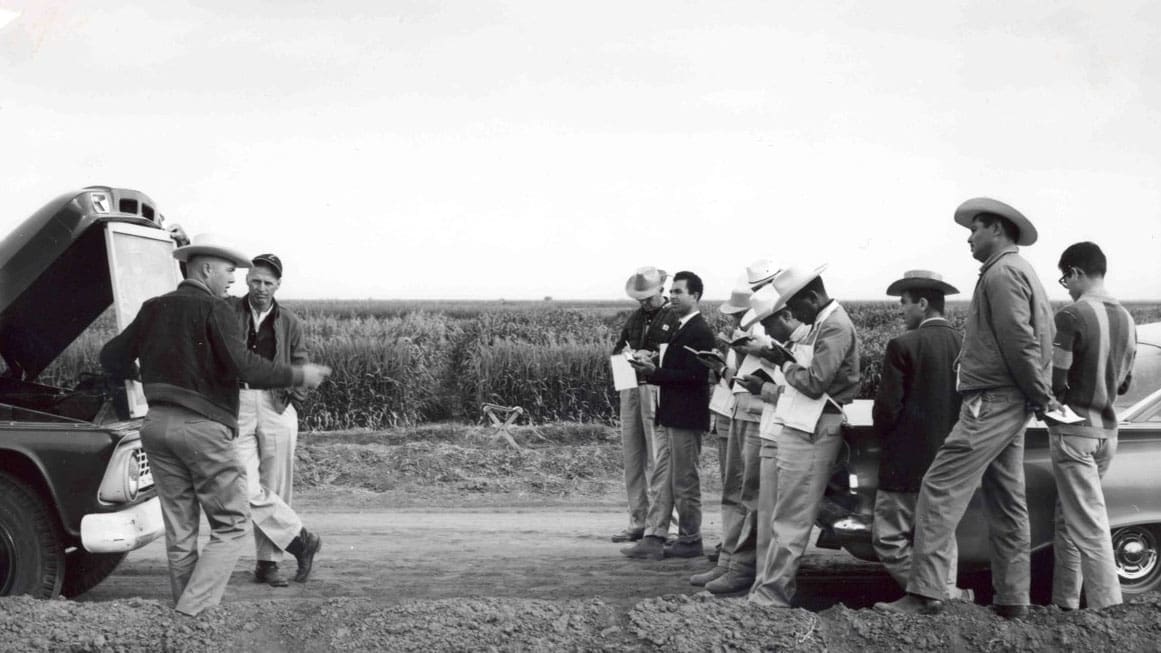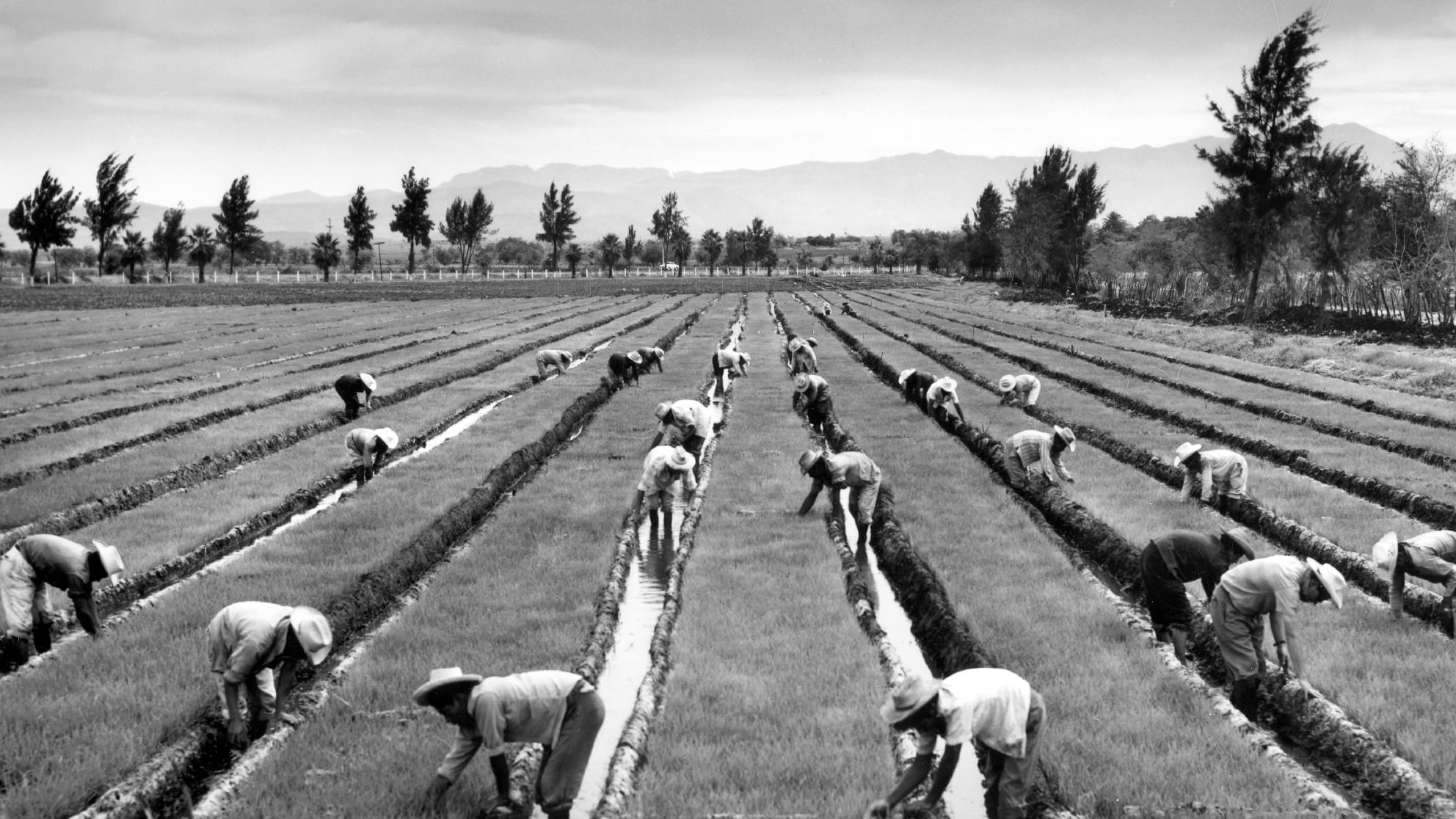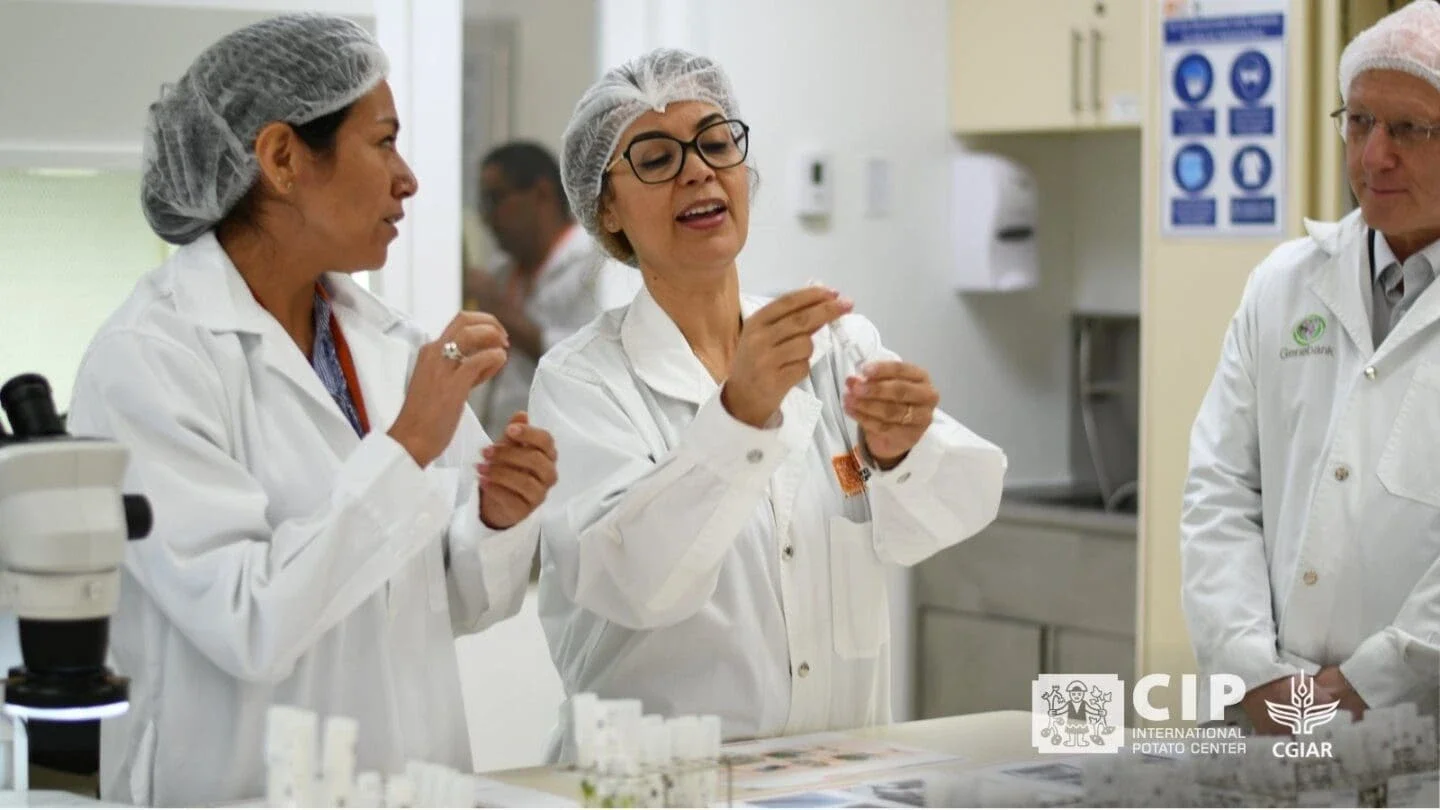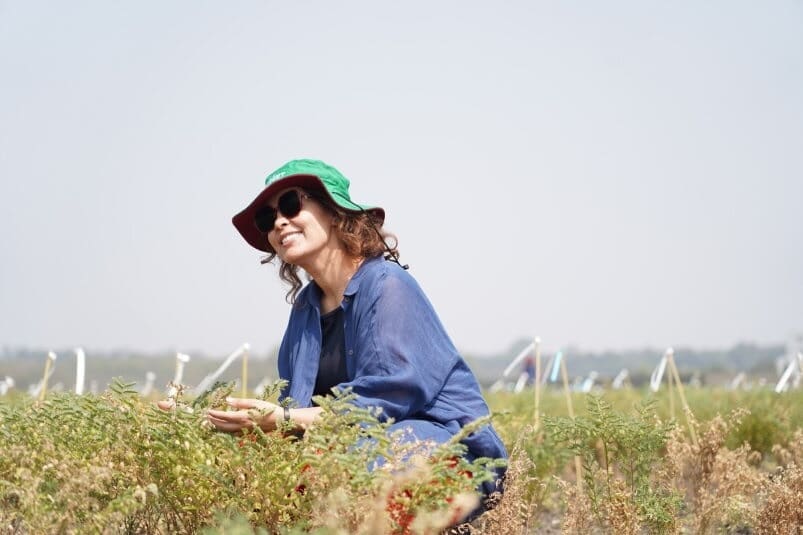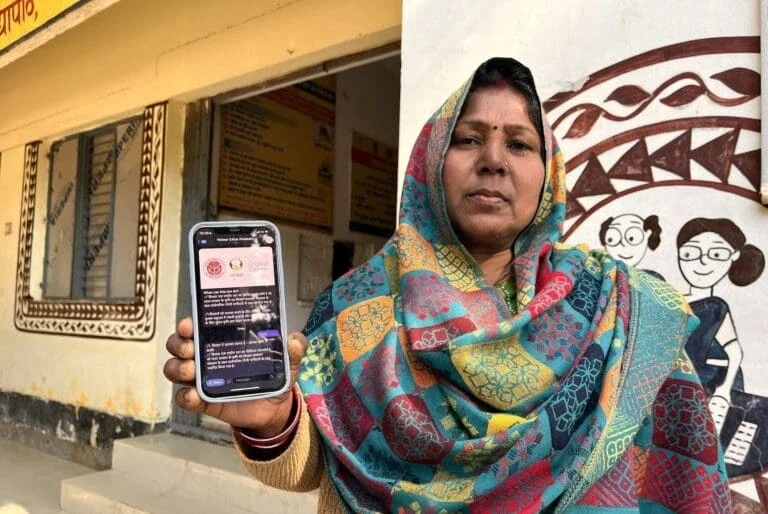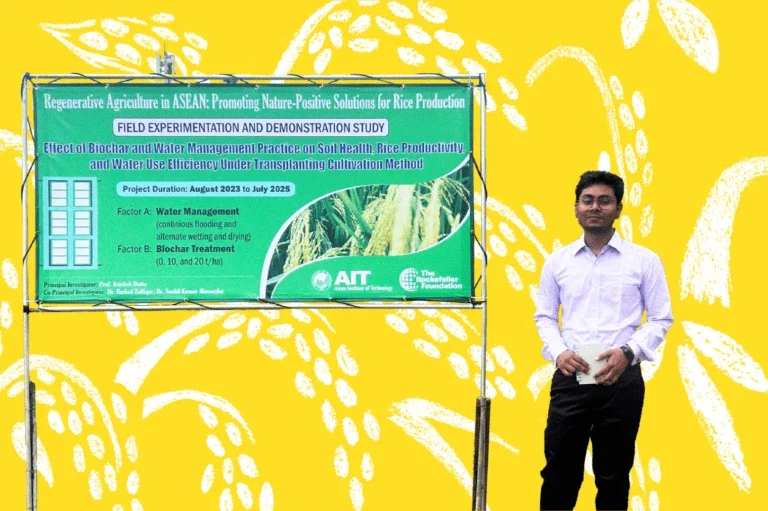Since 1971, CGIAR has played a key role in transforming food systems to fight food insecurity and improve nutrition in the face of a shifting climate.
By the Numbers
- >0%%
of the hungriest people live in places impacted by climate disasters
- 0MillionMillion
people globally are going hungry
- 0MillionMillion
more will face hunger in a world that is 2 degrees warmer under current agricultural conditions
We need to be very intentional and unapologetic about it. For every single convening, we need not only gender inclusion, but gender balance. A dominance of the male voice doesn’t help us.
Ismahane ElouafiExecutive Managing DirectorCGIAR
A CGIAR Research Center Provides Climate Solutions
The International Livestock Research Institute (ILRI) is among CGIAR’s global network of 15 Research Centers contributing to an unrivaled mix of knowledge, skills and research facilities. CGIAR, formed at a series of Bellagio convenings, is building on a 50-year track record of research and innovation in food, water, and land systems.
More in this Matter of Impact Edition
A Powerful New Roadmap For Tackling Climate Change's Financial Risks
The Coalition for Disaster Resilient Infrastructure, with support from The Rockefeller Foundation, has launched a powerful new playbook aimed at helping financial institutions estimate and prepare for infrastructure risks triggered by climate change.
read moreBorn at Bellagio: A Fair Share Tax Coalition
Fair Share America aims to inform a national tax and revenue strategy to transform the U.S. economy, support working families, and increase resources so budgets can meet climate change challenges.
read more
